- Overview
- Symptoms
- Causes & Risks
- Types of Eczema
- Locations on the Body
- Tests & Diagnosis
- Treatment
- Complications
- Living With
- View Full Guide
Eczema Facial Care and Tips


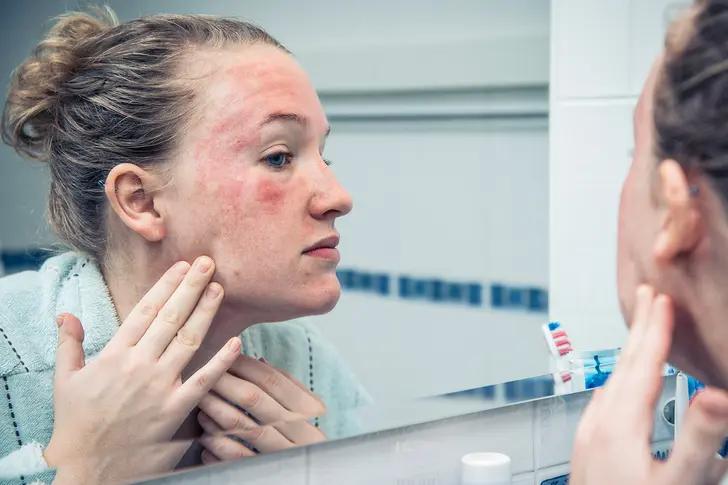
Face Flares
Eczema can be frustrating to have on any part of the body, but when it affects your face, it’s harder to hide. The skin on your face is more sensitive, too, which means it needs special care. Here’s how to handle facial eczema.

Avoid Triggers
Step one in taking care of facial eczema is to try to prevent it in the first place. Keep tabs on which laundry soaps and detergents could be causing symptoms. Watch out for dry weather, smoke, and pollutants in the air. Choose your face products carefully, and work on keeping your stress levels down as well as you can.

Stay Away From Irritants
Any product you use on your face should be geared toward sensitive skin. Skip anything that includes fragrance, dye, and preservatives. If you can find them, products with the National Eczema Association seal of approval would be a safe bet.
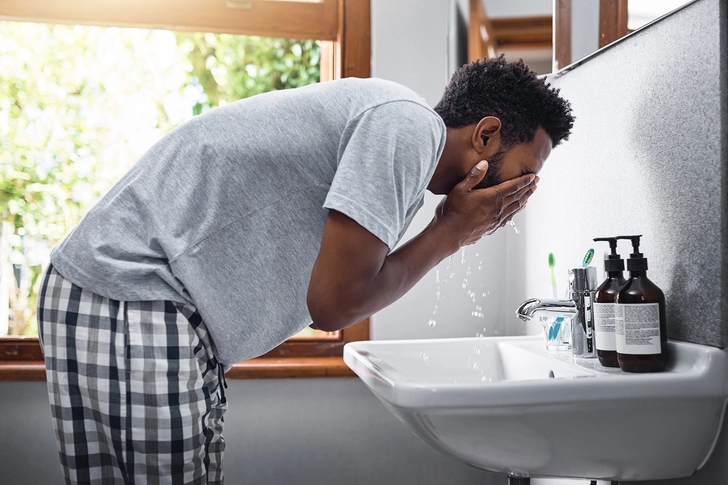
Cleanse Gently
When caring for flaring, scaly face skin, use medical emollients (moisturizers) or other face washes designed for skin with eczema instead of soap. After washing gently, pat your face dry instead of rubbing, and don’t exfoliate.
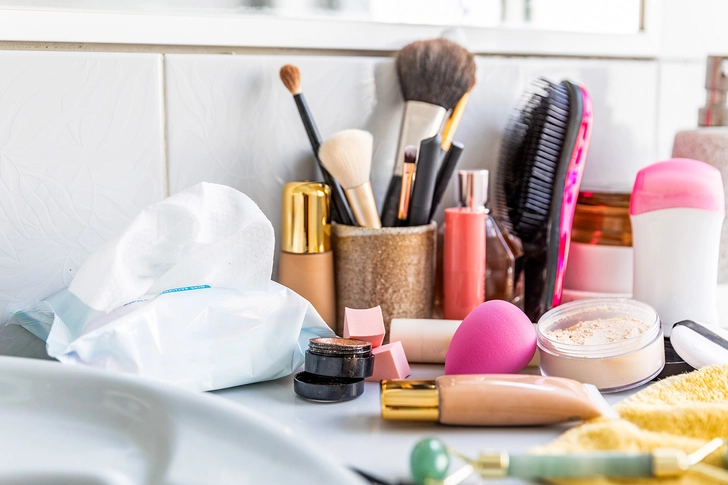
Use Makeup Wisely
Both foundation and mascara can irritate eczema-prone skin, so leave them out of your routine if possible. If your makeup causes a flare, go without it for a few days and then introduce one product at a time to pinpoint the issue. Mineral makeup may be a gentler option to try.

Choose Flare-Friendly Fabrics
Your face is in contact with your bedding for many hours every night. Sleep on fabrics that won’t cause a flare. Choose linens that are soft, clean, and help keep you cool. Silk, organic bamboo, and 100% cotton sheets are good choices.

Baby Your Eyelids
The skin covering your eyes is especially sensitive. For eczema care on eyelids, your doctor can prescribe a mild topical steroid. A steroid that’s too strong may thin your skin. And your eyelids are already four times thinner than the rest of the skin on your face. Another topical option is a class of drugs called calcineurin inhibitors. They don’t thin your skin.
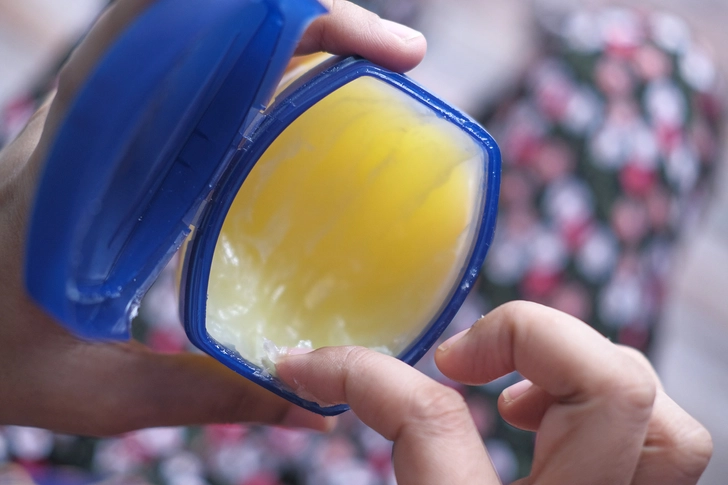
Coat Your Lips
When eczema gets on your lips, resist the urge to bite, lick, and suck on them. That might only keep them dry, scaly, chapped, and cracked. Use petroleum jelly instead of lip balms or lipsticks to soothe and moisturize. Ask your doctor about a steroid ointment to reduce inflammation.
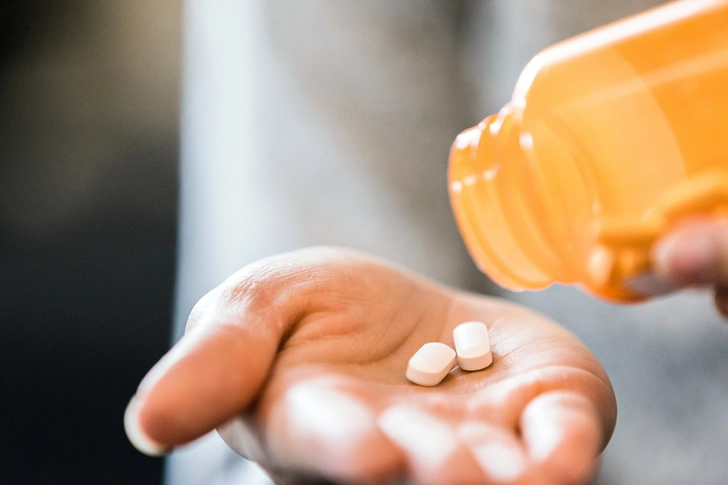
Consider a New Pill
In severe cases, your doctor may prescribe an antihistamine, steroid pill, or immunosuppressant to help ease your facial symptoms.
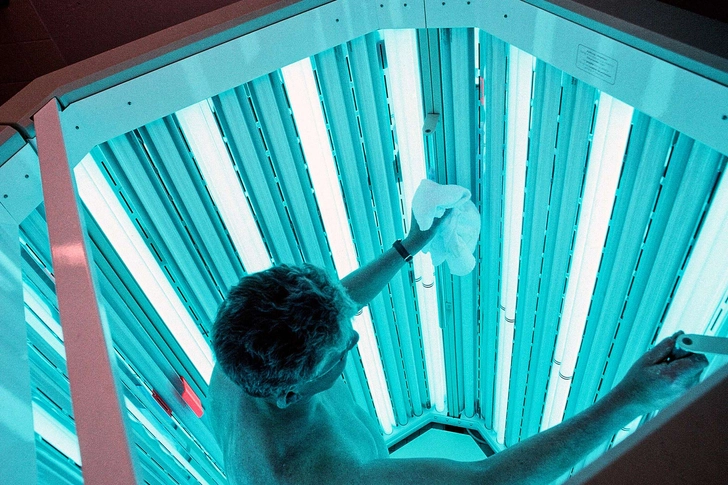
Try Light Therapy
Your doctor may recommend UV light treatment. For this therapy, you sit in a special cabin with lamps that give off fluorescent light at just the right wavelength. This can help clear up blemishes and cut inflammation and itching so your skin can heal.
IMAGES PROVIDED BY:
AzmanL / Getty Images
SimonSkafar / Getty Images
97 / Getty Images
PeopleImages / Getty Images
Meaghan Skinner Photography / Getty Images
andresr / Getty Images
danielle71 / Thinkstock
Towfiqu Barbhuiya / EyeEm / Getty Images
SDI Productions / Getty Images
Voisin/Phanie / Science Source
SOURCES:
National Eczema Society: “Facial Eczema,” “Such stuff as dreams are made on:
eczema-friendly bedding,” “Eczema around the eyes.”
Cleveland Clinic: “Eczema on Face,” “Eczema on the Lips.”
Informed Health: “Eczema: Light therapy and oral medications.”